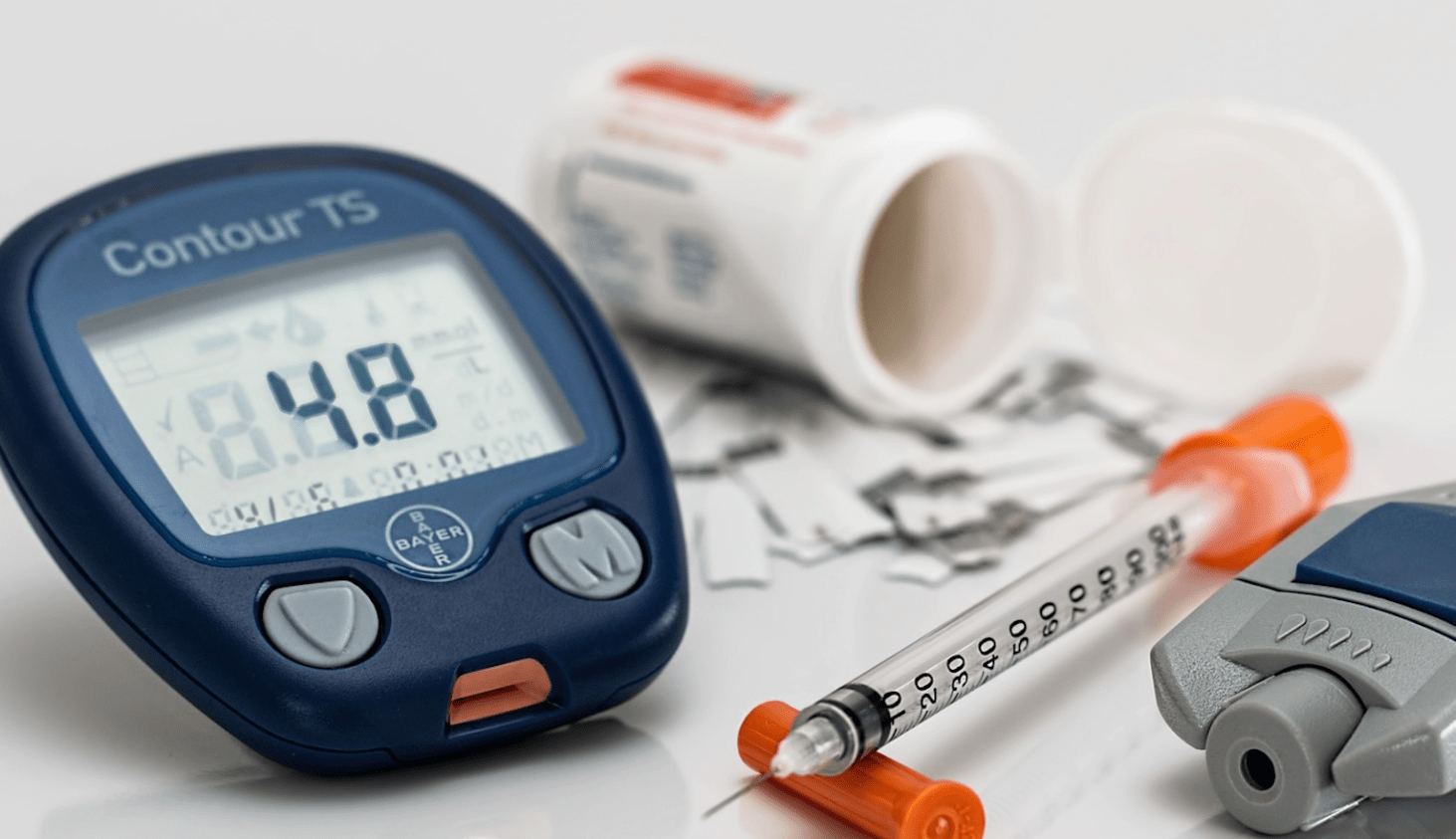Who is at risk for diabetes?
Diabetes is a disease we hear about often, but what is it? According to the Centers for Disease Control (CDC), much of the food we eat is turned to sugars that enter our bloodstream. Our bodies produce insulin to regulate the amount of sugars in the bloodstream. In people who have diabetes, the body has trouble making insulin or using it properly, causing too much sugar to stay in the bloodstream. This can lead to long-term health problems like heart disease, vision loss, and kidney disease.
Diabetes is a serious disease, and there are ways to help prevent it. Knowing your risk level can help you and your provider determine what preventative steps you may need to take.
Diabetes risk factors
Do you know what factors put you at higher risk for diabetes? Family history, weight, age, and other factors all impact your risk. Click here to see diabetes risk factors from the National Institutes of Health.
Am I at risk for diabetes
?Click here to take a 60-second diabetes risk test from the American Diabetes Association. While this tool can give a general look into risk, it is not medical advice; please consult with your primary care provider about your individual risk.
What should I do if I'm at risk for diabetes?
According to the American Diabetes Association, nearly 1 in 3 adult Americans is at risk for developing Type 2 diabetes. Nearly 1 in 5 Americans who have diabetes do not know they have it yet, says the National Institutes of Health. Regular check-ups with your primary care provider are an important part of everyone's health. In these visits, your provider can help you learn if you are at risk for illness, as well as help diagnose illness you may have that you aren't aware of. Your provider plays a key role in helping you make lifestyle changes that reduce risk of diabetes, as well as in helping treat you if you learn you have diabetes.
If you need a primary care provider, Open Door is ready to partner with you for your health. Call us at (765) 286-7000 to schedule your visit.
Sources:
CDC
National Institutes of Health
American Diabetes Association

